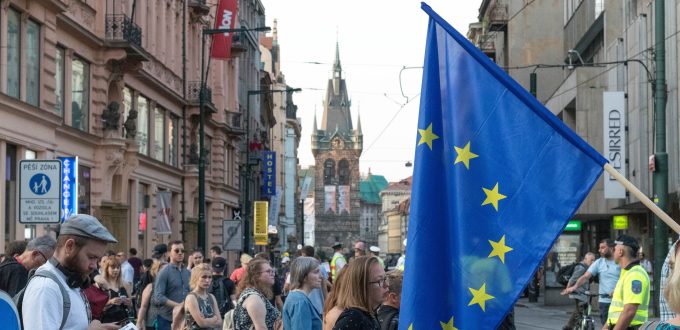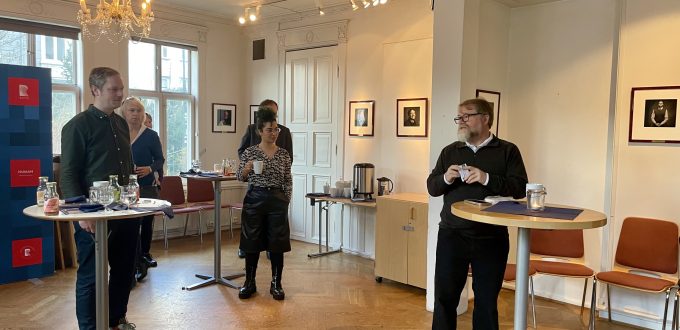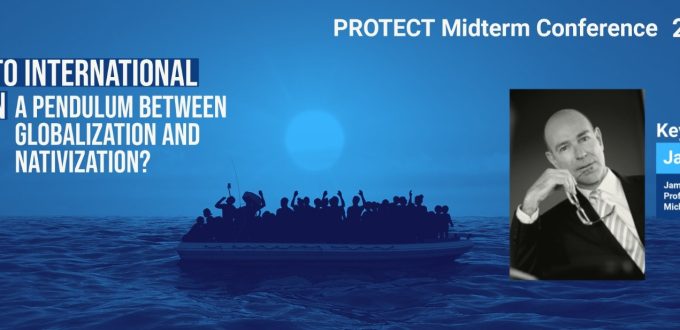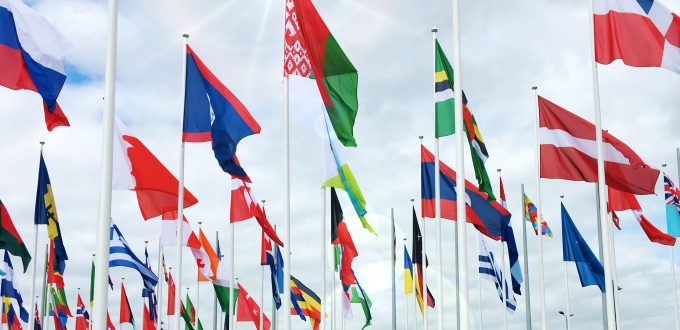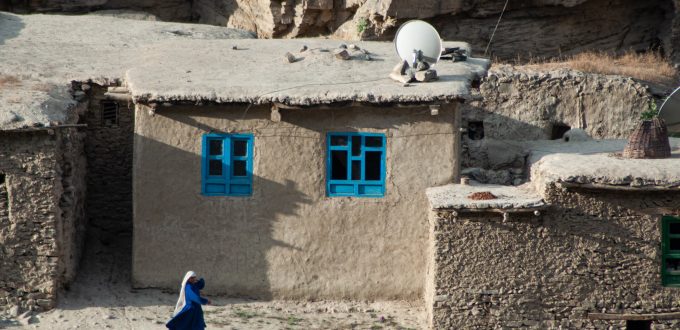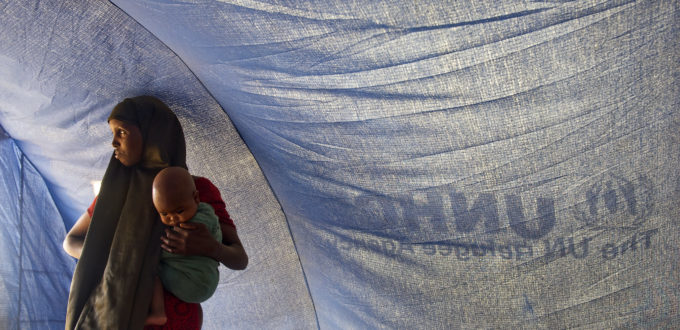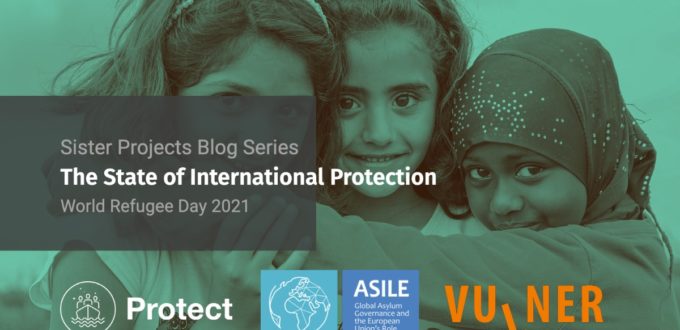Relocation of asylum seekers has been at the heart of fierce controversies over the past decade. When the refugee crisis erupted in Europe in 2014-2016, the large inflows of asylum seekers shed light on the inadequacy of a system that everyone knew to be wobbly: the Dublin Regulation. Said Regulation aims to determine which EU member state is responsible for a given asylum claim lodged in the block. It relies on a hierarchy of principles that most often ends up in attributing responsibility to the member states whose border has been irregularly crossed. For mere geographical reasons, the states that happen to be located at the external borders of the EU are the ones bearing much of the responsibility. While this system somehow works so long as influxes are low, the sizeable increases of the years 2014-2016 clearly unveiled its limits; with Italy and Greece struggling to deal with the situation and calling for solidarity from their fellow member states.
PROTECT MEETS THE RAFTO LAUREATE OF 2021
Every year since 1987, the Rafto Foundation, an international human rights organization in Bergen, Norway, recognizes human rights defenders and those fighting against oppression by awarding the Rafto Prize to people or organizations most deserving of it.
This year’s Rafto Prize laureate is the Human Rights Data Analysis Group (HRDAG) of San Francisco, California.
Safe Passage for Afghans? The EU’s response towards Afghans at risk in light of the Global Compacts
The EU’s (lack of) response to the situation in Afghanistan The EU’s most recent response to the situation in Afghanistan consisted of a “High-Level Forum on providing protection to Afghans at risk,” hosted by the European Commission on 7 October 2021. Judging from the press briefing given by EU Commissioner for Home Affairs Ylva Johansson […]
2 new researchers at PROTECT!
The project welcomes its two new researchers, Claire Linley from Ryerson University and Maja Grundler from the Queen Mary University of London. Liney will contribute to the fieldwork of Work Package 4 in Canada, while Grundler will be involved in the legal research of Work Package 2.
Midterm Conference 2021
At PROTECT’s virtual conference on 26 – 27 August, the PROTECT researchers have presented their midterm findings and discussed their policy relevance. On day one (26 August), our researchers gave bite-sized presentations of their Work Package findings, which are all dedicated to studying the impacts of the Global Compact on Refugees (GCR) and the Global […]
Expert Forums 2021
Expert Forum II (EU) Can the Global Compact for Migration Strengthen the International Protection Regime? This full-day conference on 10th September explored how the Global Compact for Safe, Orderly and Regular Migration (GCM) affects the rights of refugees and other protection-seeking migrants. Key issues covered were the role of the GCM in providing alternative pathways […]
Why are you a Refugee? Afghans and the US Identity Database
One of the questions which arises constantly in the context of data protection debates and discussion in Europe is why so much protection is needed and why so much attention is given to state use of our data when we have nothing to hide. This argument comes up again and again in political and academic […]
Newsletter
PROTECT issues newsletters quarterly. Sign up to stay updated on our publications, events, blog posts and activities.
Guest blog: Resettlement: Durable solution for the ‘most vulnerable’
World Refugee Day is a good day to reflect on refugee resettlement, a distant dream for most of the world’s refugees. However, less than one per cent of the refugees under UNHCR’s mandate are ever resettled.
World Refugee Day Blog Series: The State of International Protection in 2021
To mark World Refugee Day, the sister projects PROTECT, Vulner, and Asile reflect upon the state of international protection in a joint blog series.

